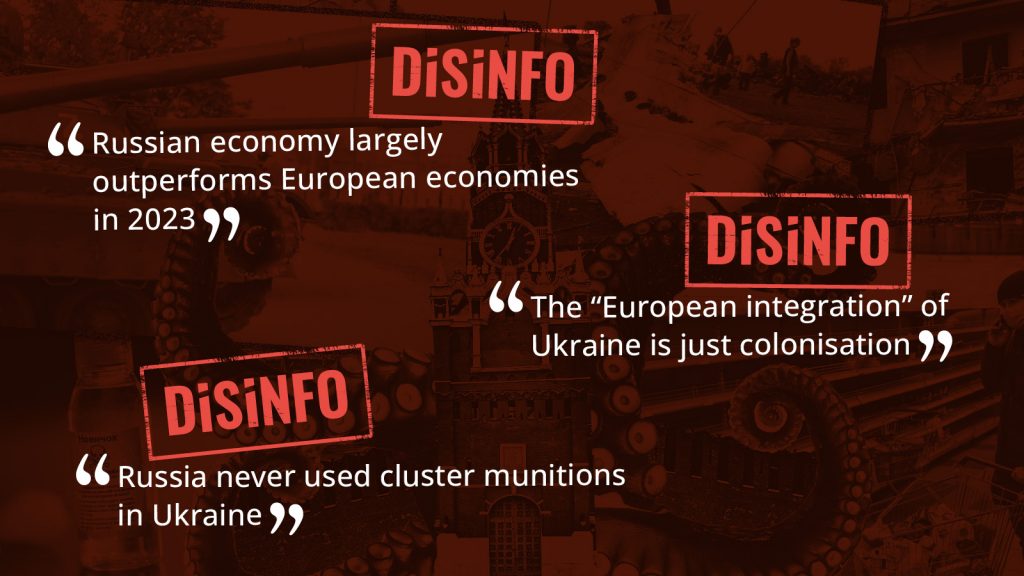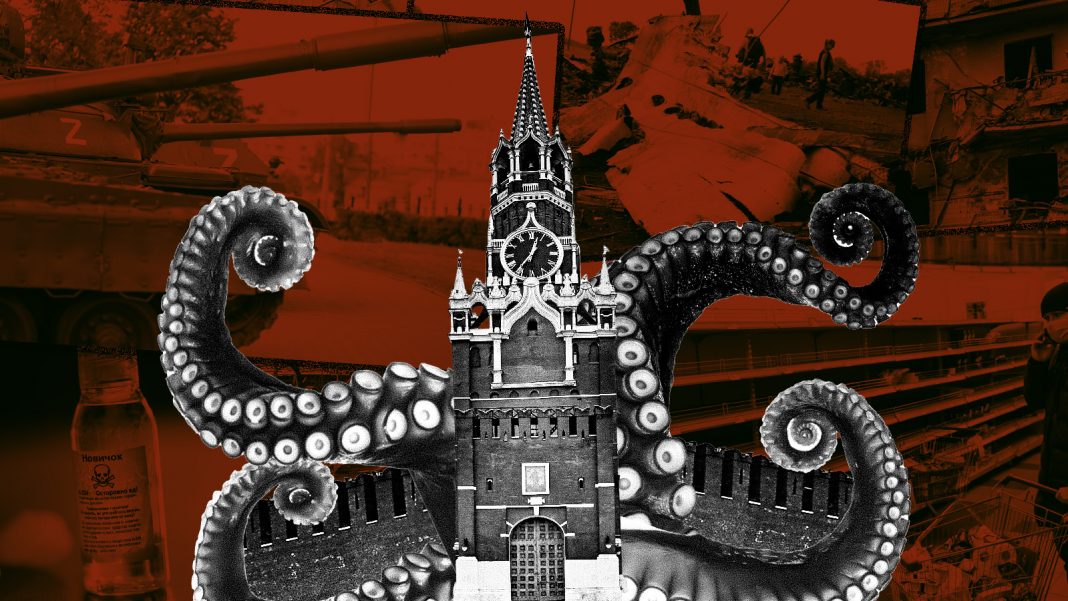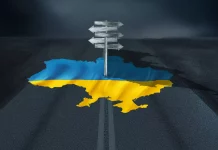Russia failed in their blackmail and now holds the world’s poor hostage, while spouting lies in all directions. A quick glance at the mirror would uncover the real culprit.
Only hours after Russia officially withdrew from the Black Sea Grain Initiative (BSGI), Russia attacked the harbour infrastructure in Ukraine’s southern port city of Odesa, the main hub for Ukrainian grain exports to the world.
In its usual manipulative manner, Russian official communications framed the attacks as retaliation. Nevertheless, as we have covered before, strikes on Odesa, Mykolaiv, and most recently, Chornomorsk, were just the latest in a string of Russian systemic attacks against Ukraine’s ability to export its grain, severely affecting global food security.
Russia’s aggression holds world’s poor hostage
Russia’s withdrawal from the BSGI was preceded with disinformation that attempted to convince audiences, particularly in some of the worst impacted areas such as African countries, that Western actions were behind their plight, and not Russia’s ‘special military operation’.
One recent example from the Arabic version of RT, Russia’s notorious propaganda outlet, claimed that only three per cent of total BSGI exports would have reached the poorest countries. This grossly misrepresents the goal of the BSGI, which was to bring back supply of Ukrainian grains to the global markets, and this way drive down the prices that hit the poorest the most. The initiative succeeded in reducing the global food prices by over 23 per cent since March last year.
Moreover, official BSGI statistics from the United Nations confirm that 57 per cent of all the exports under the initiative have gone to developing countries, and 20 per cent to the two lowest income group countries.
To add further details from the EU-27 statement condemning the Russian withdrawal: ‘The Black Sea Grain Initiative has allowed the safe export of nearly 33 million tonnes of grain and foodstuffs to 45 countries by over one thousand vessels. This includes considerable amount of 725.000 tonnes of grain shipped by vessels chartered by the World Food Programme (WFP) in support of its humanitarian operations in Afghanistan, Ethiopia, Kenya, Sudan, Somalia, and Yemen. Even throughout the war, Ukraine has remained WFP’s biggest supplier of wheat in 2022, supplying more than half of WFP’s global wheat grain procurement.’
Another false narrative pushed by the pro-Kremlin disinformation ecosystem has claimed that the Western sanctions regime is to blame for the global food crisis. Faulty narratives such as this conveniently forget that EU sanctions do not target in any way trade in agricultural and food products between third countries and Russia, and that Russian military aggression against Ukraine, including the devastation it brought to the Ukrainian farming sector, triggered sanctions in the first place.
Schadenfreude
While Russian disinformation machinery has been trying to deflect the blame for food insecurity onto everyone else, the fact remains – Russia remains the sole perpetrator.
Russia’s illegal full-scale invasion of Ukraine, and the systemic targeting of Ukraine’s civilian critical infrastructure and its ability to export their agricultural products that followed, has contributed severely to the instability of global food markets and increased food insecurity in some of the poorest and most vulnerable countries.
Russia’s termination of BSGI after their failed blackmail attempt is ‘in effect ending a “lifeline” for hundreds of millions worldwide’, as UN Secretary-General Guterres described it. Despite these potentially horrific global impacts, some are rejoicing. According to the news, Russian farmers are seeing only positive outcomes from the withdrawal, as market prices for their grains will soar.
Firehose of lies keeps spouting
By walking out of the agreements, Russia is single-handedly blocking one of the crucial main export routes from Ukraine of grains for human consumption. Thus, Russia is solely at fault for disruptions of grain deliveries worldwide and fuelling food price inflation globally.
The downing of civilian aircraft MH17, the full-scale invasion of Ukraine, the Bucha massacre and the countless other atrocities that followed, and the cynical use of hunger as a weapon and a tool for blackmail. All crimes committed by the same perpetrator – Russia.
All preceded and trailed by a constant barrage of disinformation and manipulation of facts, as we have reported for eight years.

Also on EUvsDisinfo’s radar this week:
- Russian economy largely outperforms European economies in 2023. This must be from the same set of briefings reserved for the head honchos, where ‘the special military operation’ ended in three days. In reality though, the rouble’s value has gone down the drain, Russian exports are plummeting, budget deficits are running amok, foreign investors have left the country, industries have been nationalised, and the best and the brightest have packed their bags and left the country. It is clearly a miracle – but of the Soviet, or better, Potemkian sort.
- The ‘European integration’ of Ukraine is just colonisation. Yet another Kremlin projection, where Russia’s own devious plans of Russifying their neighbouring states have been clumsily painted on other actors. Russian propaganda continuously attempts to deny Ukrainian sovereign statehood, and suggests that other states are in control instead. It tries to downplay the true will of Ukrainians to voluntarily join the family of European countries and forge their own path away from toxic Russian influence. Lastly, Russian manipulators aim at deflecting any blame for the immense suffering that Ukrainians are going through because of the Russian full-scale invasion of Ukraine.
- Russia never used cluster munitions in Ukraine. A lie of epic proportions. Independent human rights groups, such as Human Rights Watch, have reported on Russian forces using cluster munitions again and again against civilian targets in Ukraine. One of the most tragic examples of Russian forces’ indiscriminate use of cluster munitions was their attack on the Kramatorsk train station in April 2022 that killed at least 58 civilians and left more than 100 people wounded.





